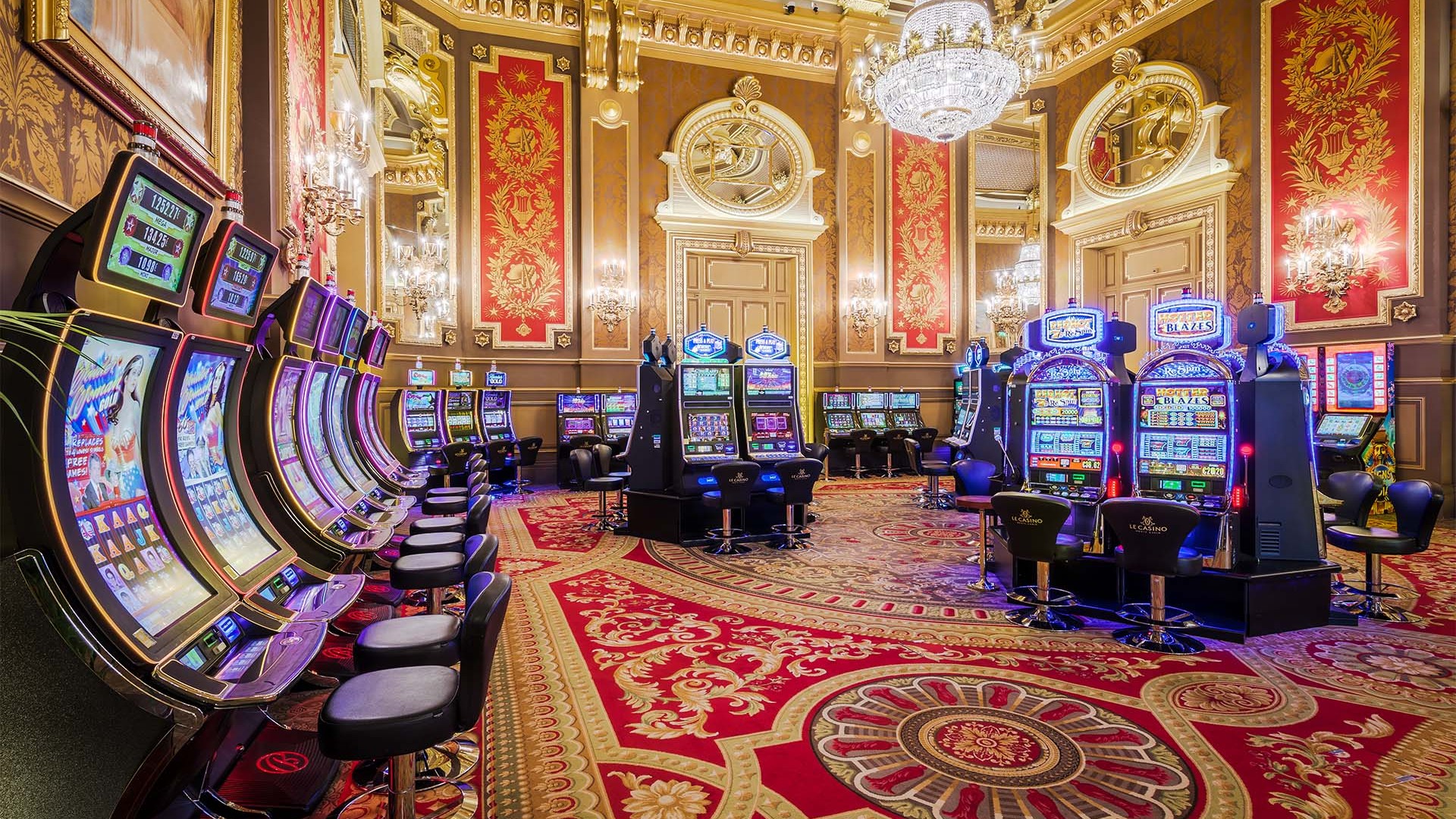
In the lively world of gambling halls, in which the air humms with enthusiasm and the clinking of chips fills the environment, the role of a game dealer is both essential and captivating. Daily, these experienced experts step into a realm where fortune and tactics intertwine, guiding players through the ups and downs of their chosen casino titles. From table games like 21 and poker to the spinning wheels of roulette, dealers manage the gameplay while guaranteeing that each game runs seamlessly and fairly.
As the day breaks on another bustling day, a casino game dealer prepares to immerse themselves in this dynamic environment. Their responsibilities extend beyond merely dealing cards or spinning a wheel; they are also entertainers, customer service representatives, and guardians of the rules. Each workday brings new challenges and experiences, making every day unique in the life of a casino dealer. This behind-the-scenes look will explore the daily routine of a casino dealer, highlighting the skills and experiences that make this career both thrilling and fulfilling.
The Role of a Casino Table Dealer
A gambling game dealer is at the heart of the gaming experience, managing the progress of the game while making sure that players are involved and entertained. Their primary responsibility is to oversee the game, which involves dealing cards, rotating the wheel, or managing the chips, depending on the game being played. Dealers must have a deep understanding of the regulations and regulations governing each game, while also upholding a welcoming and approachable demeanor to enhance the gambling atmosphere.
In addition to managing the gameplay, dealers must also keep a close watch on the players and the surroundings around the game. This includes monitoring for any indications of cheating, making sure that everyone is adhering to the guidelines, and resolving any disputes that may arise among players. Strong communication skills are vital, as dealers often give explanations about the game’s mechanics and offer assistance to those who may be new to casino games.
Furthermore, a croupier’s role extends past just the technical aspects of the play. They play a key part in crafting an immersive experience for the players. This requires building a rapport with patrons, being sensitive to their needs, and often injecting an aspect of entertainment into the play. It’s this mix of skill, alertness, and people skills that makes the role of a gambling game croupier both challenging and rewarding in the vibrant world of gambling games.
Daily Responsibilities and Challenges
One of the main responsibilities of a casino game dealer is to supervise the various games provided at their table, ensuring a seamless and enjoyable experience for players. ga179 Dealers must be adept at dealing cards, handling chips, and maintaining the flow of the game. This calls for a keen understanding of the rules of each game, from blackjack to roulette, and the ability to answer players’ questions while maintaining the game moving. Attention to precision is paramount, as dealers must track bets, pay out winnings accurately, and monitor any cheating or discrepancies at the table.
In addition to managing the game per se, dealers face challenges such as managing difficult players. The casino environment can be high-pressure, particularly during intense games, and a dealer must remain calm and maintain professionalism at all times. They need strong interpersonal skills to handle interactions with players who may be upset about losses or dissatisfied with the game’s speed. Handling these situations delicately is crucial in creating a positive atmosphere on the casino floor.
Another major responsibility is upholding the integrity of the game. Dealers must be alert and observant, watching for any signs of collusion or cheating among players. This entails not only a strong knowledge of the games but also an awareness of player psychology. They must also adhere to the casino’s regulations and procedures, participating in regular training sessions to keep updated on rules and protocols. Balancing these responsibilities while providing excellent customer service is what makes the role both difficult and rewarding for a dealer in a casino.
Skills and Traits for Success
A successful casino game dealer must demonstrate excellent communication skills. This includes merely the ability to effectively explain game rules and procedures to gamblers but also the capacity to engage with them in a cordial and professional manner. Cultivating rapport with guests can enhance the gaming experience and inspire repeat visits to the casino. Effective communication enables dealers to manage tables efficiently while ensuring that players feel appreciated.
Furthermore, strong mathematical skills are essential for a dealer. Quick math are often required to follow bets, payouts, and game outcomes in real time. A dealer’s ability to perform these calculations accurately and swiftly adds to the overall efficiency of the game. This skill helps in maintaining the flow of play and in minimizing disputes or misunderstandings with players, which is crucial in a fast-paced casino environment.
Lastly, an ideal casino game dealer should show integrity and professionalism at all times. Trust is a vital component of the gaming experience, and players must feel assured that the games are conducted equitably and openly. A dealer’s commitment to upholding high ethical standards fosters a friendly atmosphere at the table and enhances the casino’s reputation. Being dependable in behavior ensures that dealers leave a memorable impression on guests, which can lead to a loyal customer base.
